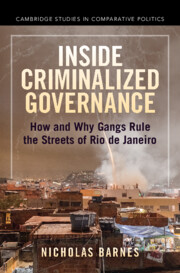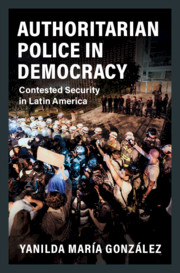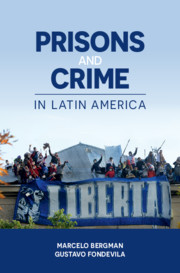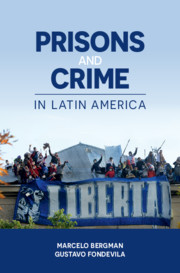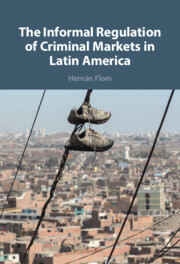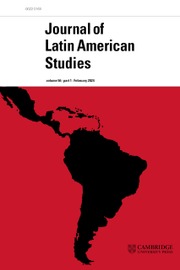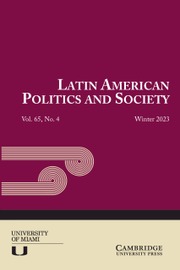Inside Criminalized Governance
For over four decades, drug trafficking gangs have monopolized violence and engaged in various forms of governance across hundreds of informal neighborhoods known as favelas in Rio de Janeiro. Drawing on three years of ethnographic fieldwork, over 200 interviews with gang members and residents, 400 archival documents, and 20,000 anonymous hotline denunciations of gang members, this book provides a comprehensive examination of the causes and consequences of these governance arrangements. The book documents the variation in gang-resident relationships – from responsive relations in which gangs provide a reliable form of order and stimulate the local economy, to coercive and unresponsive relations in which gangs offers residents few benefits – then identifies the factors that account for this variation. The result is an unprecedented ethnographic study that provides readers a unique, in-depth insight into the evolution of Rio de Janeiro's drug trafficking gangs from their emergence in the 1970s to the present day.
- Traces the governance practices of Rio's gangs from their origins in the 1970s to the present day
- Provides ethnographic insights garnered from long-term fieldwork in gang-controlled neighborhoods
- Includes significant first-person accounts and descriptions from favelas in Rio de Janeiro, Brazil
Reviews & endorsements
'Inside Criminalized Governance provides key new insights into the ways that organized crime groups govern populations and territories in the world today. Building on compelling evidence, including vivid ethnographic description and analysis of spatial control, Barnes offers a nuanced model of how interactions between criminal groups, their rivals, and the police affect how many in Latin America's cities are governed.' Enrique Desmond Arias, Baruch College, CUNY
'How and why do gangs govern urban populations? Drawing on years of fascinating fieldwork in Rio de Janeiro - including ethnography, interviews, and archival research - Barnes argues that rival groups, police, and residents shape how gangs use coercion and provide benefits. This is a major conceptual, theoretical, and empirical contribution and a must-read for scholars of non-state armed governance in contemporary Latin America.' Ana Arjona, Northwestern University
'Barnes goes granular on criminalized governance to depict its roots, dynamics, and forms. This is a marvelous, insightful, and enlightening book to be reckoned with in the years to come. Hard to put it down because it takes us inside a world few dare to examine and understand.' Javier Auyero, The University of Texas, Austin
'Based on three years of ethnographic fieldwork in Rio de Janeiro, Inside Criminalized Governance brings the political nature of criminalized governance to the fore. This is, at the same time, a nuanced ethnography on how the urban margins are ordered and a theoretically driven study destined to make a significant impact on several disciplines, including sociology and criminology. I highly recommend it.' Federico Varese, University of Oxford and Sciences Po
Product details
February 2025Paperback
9781009069946
392 pages
229 × 152 × 22 mm
0.634kg
Not yet published - available from February 2025
Table of Contents
- 1. Introduction
- 2. Criminalized Governance: A Conceptual Framework
- 3. A Theory of Criminalized Governance
- 4. The Origins of Criminalized Governance
- 5. Comando Vermelho of Nova Holanda
- 6. Comando Vermelho of Parque União
- 7. Terceiro Comando (Puro) of Complexo da Maré
- 8. Criminalized Governance during Military Occupation
- 9. Conclusion.

